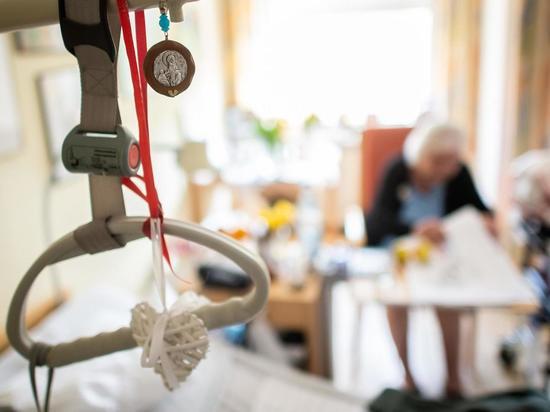
October 2020 will bring with it some legislative changes, payments, as well as the transition to winter time. So, this month, parents will receive the second part of the children’s bonus, dental crowns and dentures for patients will become cheaper.
► In September, parents received the first part of a one-time child bonus – € 200 per child. In October 2020, they will receive the second part in the amount of 100 euros. This measure, aimed at reviving consumer demand and stabilizing the economy, will cost the Federal Government about 4.3 billion euros. Low- and middle-income families profit from the funds paid. When the funds will be paid depends on the last digit of the child support number. For more information, contact the Federal Employment Agency.
► On the night of Saturday 24 October to Sunday 25 October, clocks in Germany are set to winter time. At 3am, the large hand will be moved back an hour, sending the country back to Central European Time (CET). Thus, owls will be able to sleep an hour longer on this day.
► For residents of Germany who are insured by state health insurance companies, it will be cheaper to have dental treatment. In 2020, the fixed surcharge for the installation of prostheses will increase by ten percent. At the moment, it is 50 percent of the total cost of the procedure. From October 2020, a fixed surcharge by health insurance funds for the installation of dentures will be 60 percent of the statutory standard volume of required procedures. Subsidies will increase if the patient regularly visits the dentist every year and puts notes about this in a special bonus booklet. If the insured has been examined by a dentist every year for five years, the insurance will cover 65 percent of the costs of crowns, implants or bridges. If the patient can prove that they have regularly visited the doctor for the past ten years, then the payment will increase to 75 percent.
► If a country or region has been declared at risk for coronavirus, the Federal Foreign Office will automatically issue travel warnings to those regions from October. For countries included in the RKI’s red list of risk zones, the tourist travel warning remains in effect. At the moment, these are the majority of non-EU countries, as well as almost half of the EU countries (at least in part). It is not recommended to make tourist trips to countries that are not risk zones if there are restrictions on entry to or from Germany. It is also necessary to take into account the general epidemiological situation in the respective country.
► In October it will be possible to purchase Bahncard 25 for trips in the second class almost twice – instead of 54.60 euros, only 24.90 euros. The card will be valid for one year. Due to the pandemic, many passengers are refusing to travel by rail. The number of passengers is slowly stabilizing. Deutsche Bahn launches numerous customer acquisition campaigns.
► Also, from October 1, home care for those in need will be improved due to innovations in prescribing care for patients with chronic or difficult-to-heal wounds or bedsores. In the new assignment, a field for differentiating the “wound type” will appear. The new form also contains fields to differentiate and provide treatment for recent and chronic wounds. There is also a new service “Change of position for the treatment of pressure ulcers”.
More attention will be paid to those who need intensive care. This law may come into force after it is signed by the Federal President. It stipulates that in the future, only highly qualified doctors will be able to provide outpatient intensive care. Home patient care is still possible, but subject to strict quality standards. Outpatient care services are required to work with qualified doctors. The quality of service will be monitored by health services on behalf of health insurance companies through visits to the patients served to assess the situation on the spot.
In order to prevent a situation where less affluent patients cannot afford inpatient care, those in need of intensive care are largely exempted from payment. If doctors determine that the patient’s condition has improved and the right to intensive outpatient care is no longer valid, health insurance companies can pay these costs as a statutory benefit.
Germany says this:
Germany: Compatriots maintain “blood ties with Kyrgyzstan”
Germany: Opel extends Kurzarbeit until the end of 2021
Germany: Health insurance companies incur high costs
Germany: almost a million euros ‘crown fine’ imposed in Hamburg